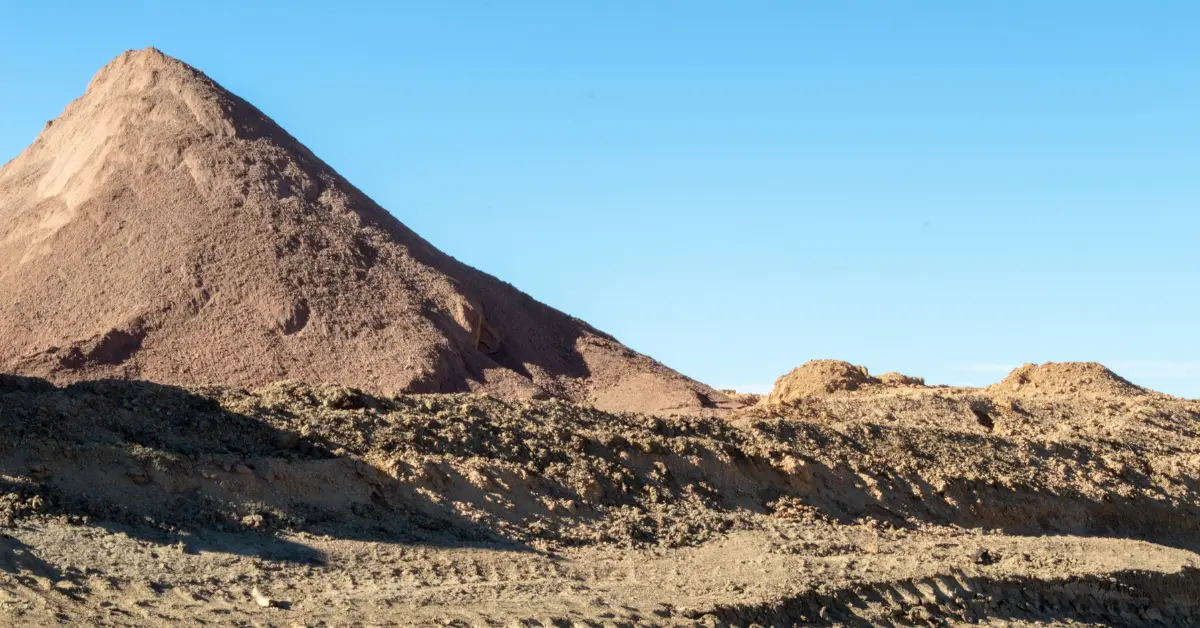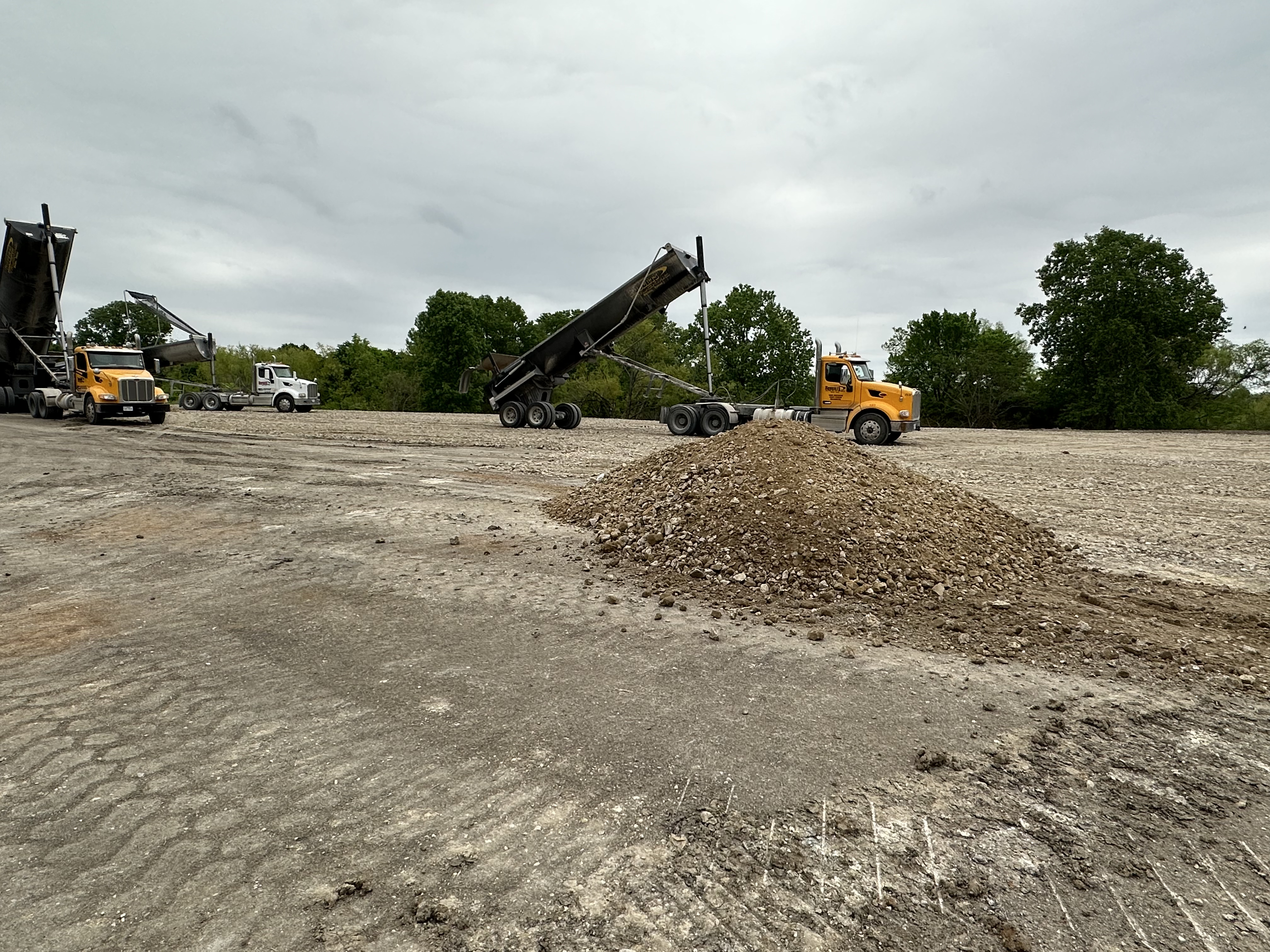
When you’re sourcing material for a project, not all dirt is created equal. Contractors often weigh the choice between purchasing quarry dirt or matching with jobsite dirt from another contractor. Both options can get the job done — but the differences in cost, logistics, and project outcomes can be significant.
What is Quarry Dirt?
Quarry dirt (or quarry fill) comes directly from aggregate quarries or material yards. It’s typically processed, graded, and tested to meet specific standards.
- Consistency: You know exactly what you’re getting.
- Availability: Quarries can often deliver large, steady volumes on demand.
- Cost: Higher prices due to processing, handling, and middleman markups.
- Distance: Hauling from quarries can drive up trucking costs and slow down timelines.
What is Jobsite Dirt?
Jobsite dirt is excess fill generated from excavation projects (foundations, utilities, site work). Instead of hauling it away to a dump, contractors can make it available to others nearby.
- Cost savings: Often much cheaper — sometimes even free.
- Reduced hauling distance: Local sourcing can cut trucking costs dramatically.
- Sustainability: Keeps material out of landfills and reduces carbon footprint.
- Variability: Material may not be screened, tested, or guaranteed to spec.
- Availability: Depends on timing and what’s being dug nearby.
The Bottom Line: Cost vs. Certainty
- If you need guaranteed specs (e.g., engineered fill, select structural fill), quarry dirt is usually the safer choice.
- If your job can accept general fill and you want to save thousands in material and hauling costs, matching with nearby jobsite dirt is a smart strategy.
Many contractors use a hybrid approach: sourcing some material from quarries for spec work while supplementing with jobsite dirt to control costs.
Smarter Sourcing with Soil Connect
Instead of making endless phone calls, contractors are now using Soil Connect’s Digital Marketplace to:
- Compare quarry material and local jobsite fill side by side
- Book haulers directly without middlemen
- Avoid costly delays and slowdowns

.svg)



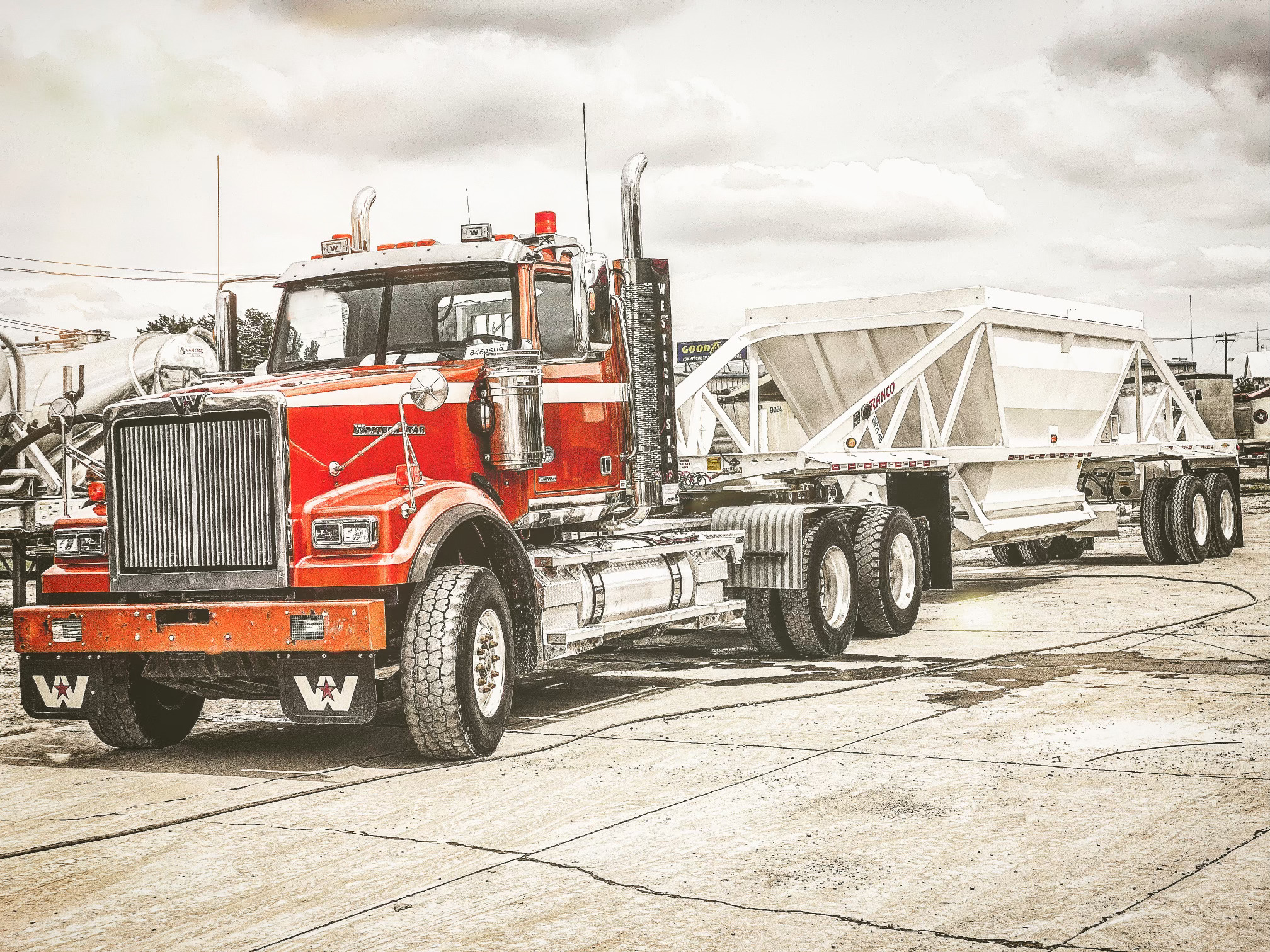
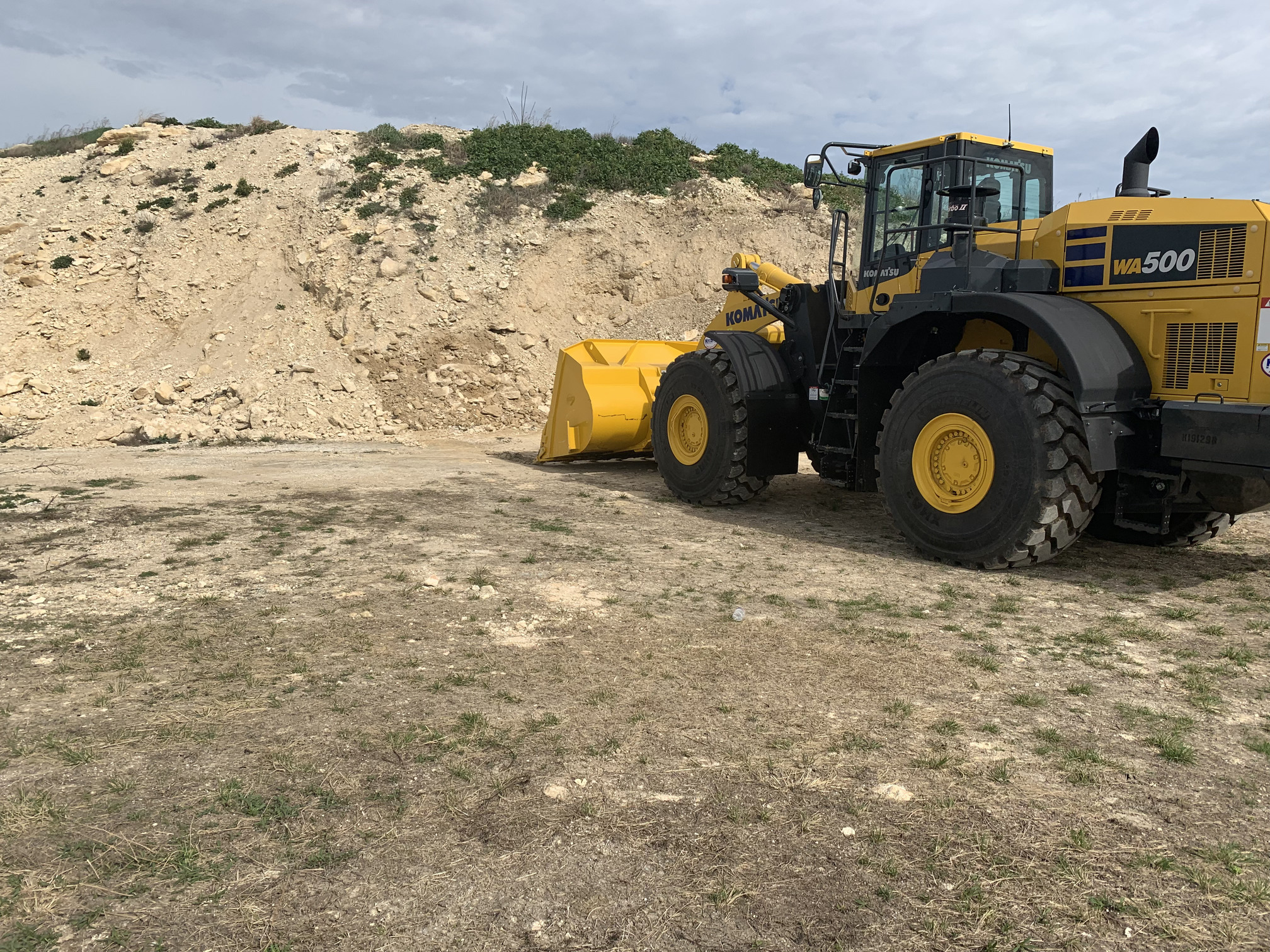




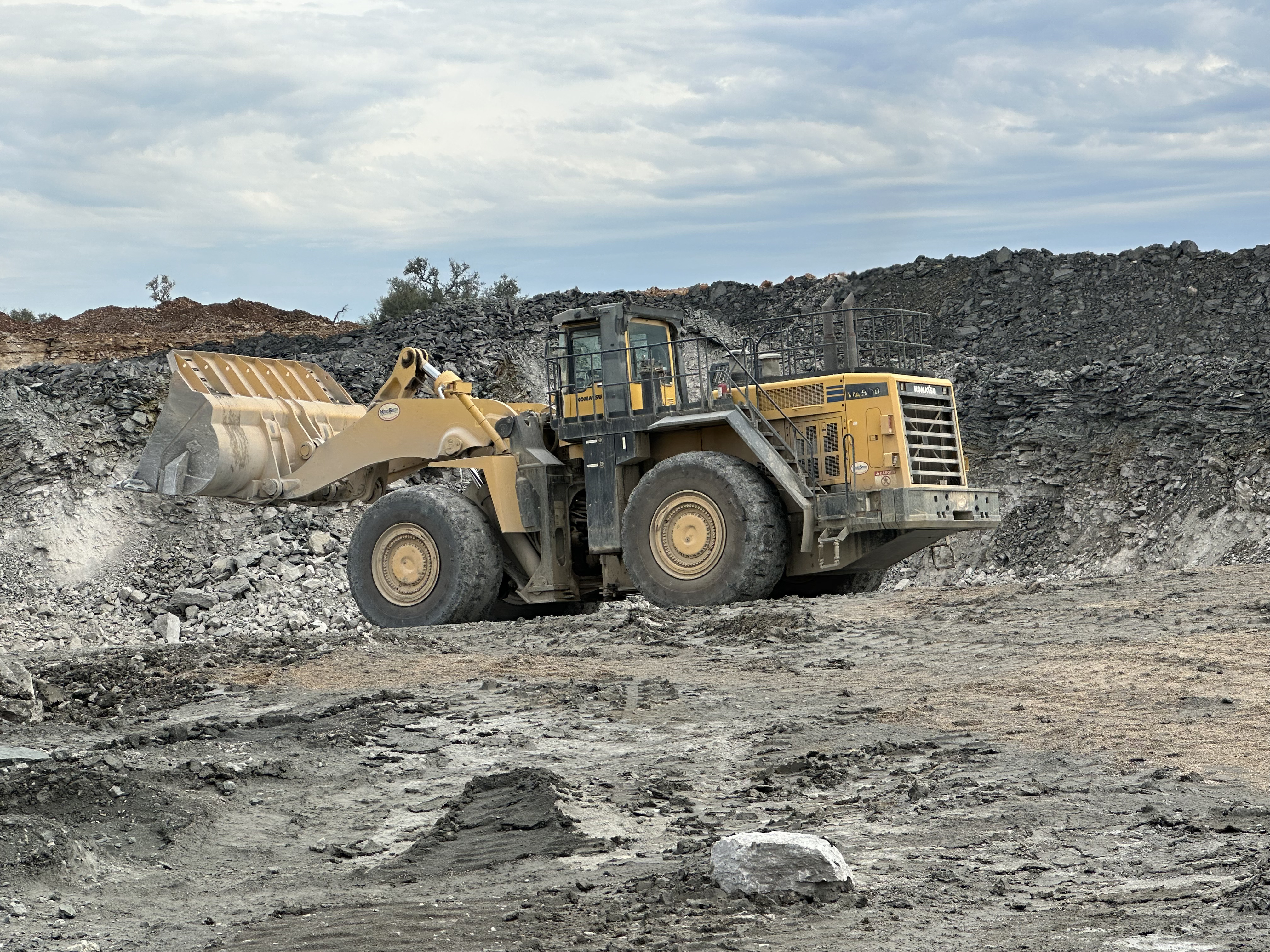


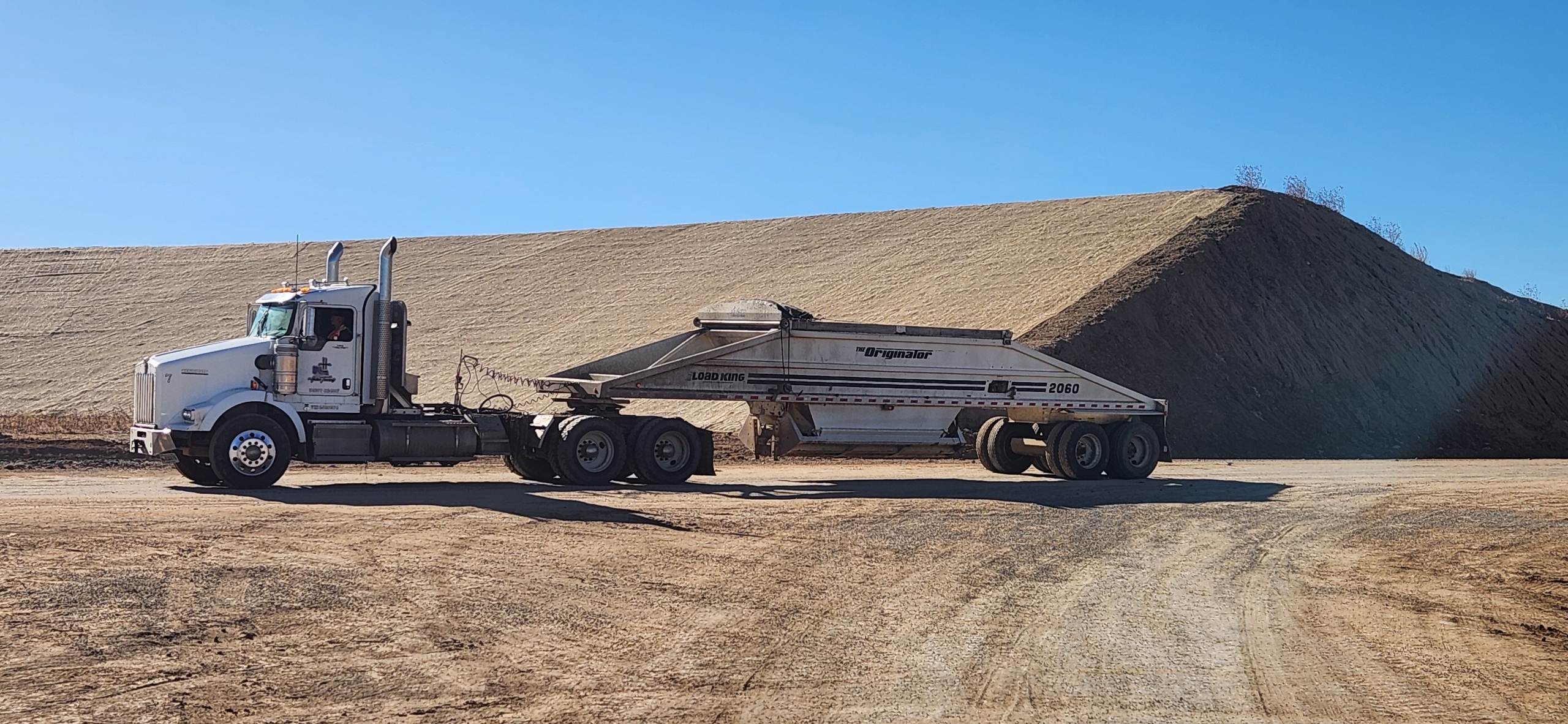
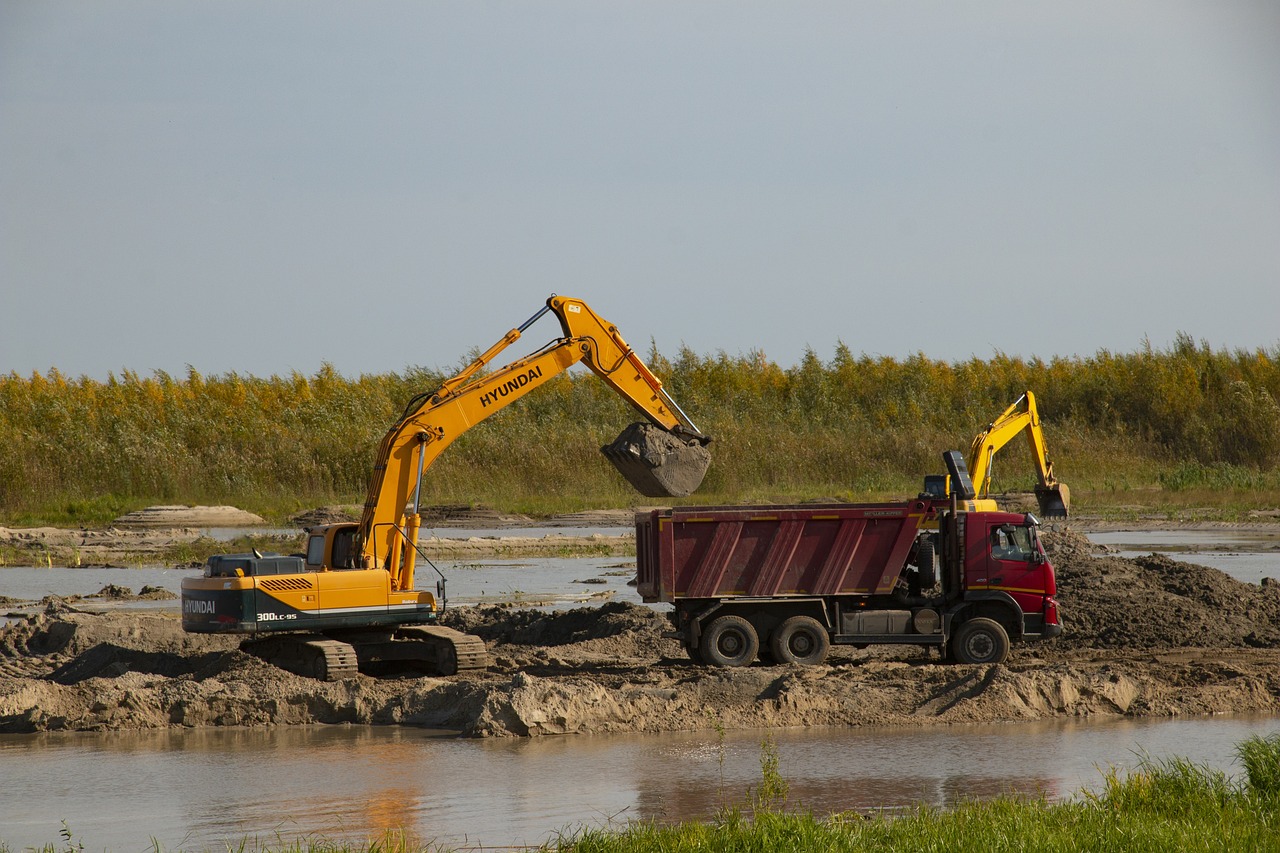

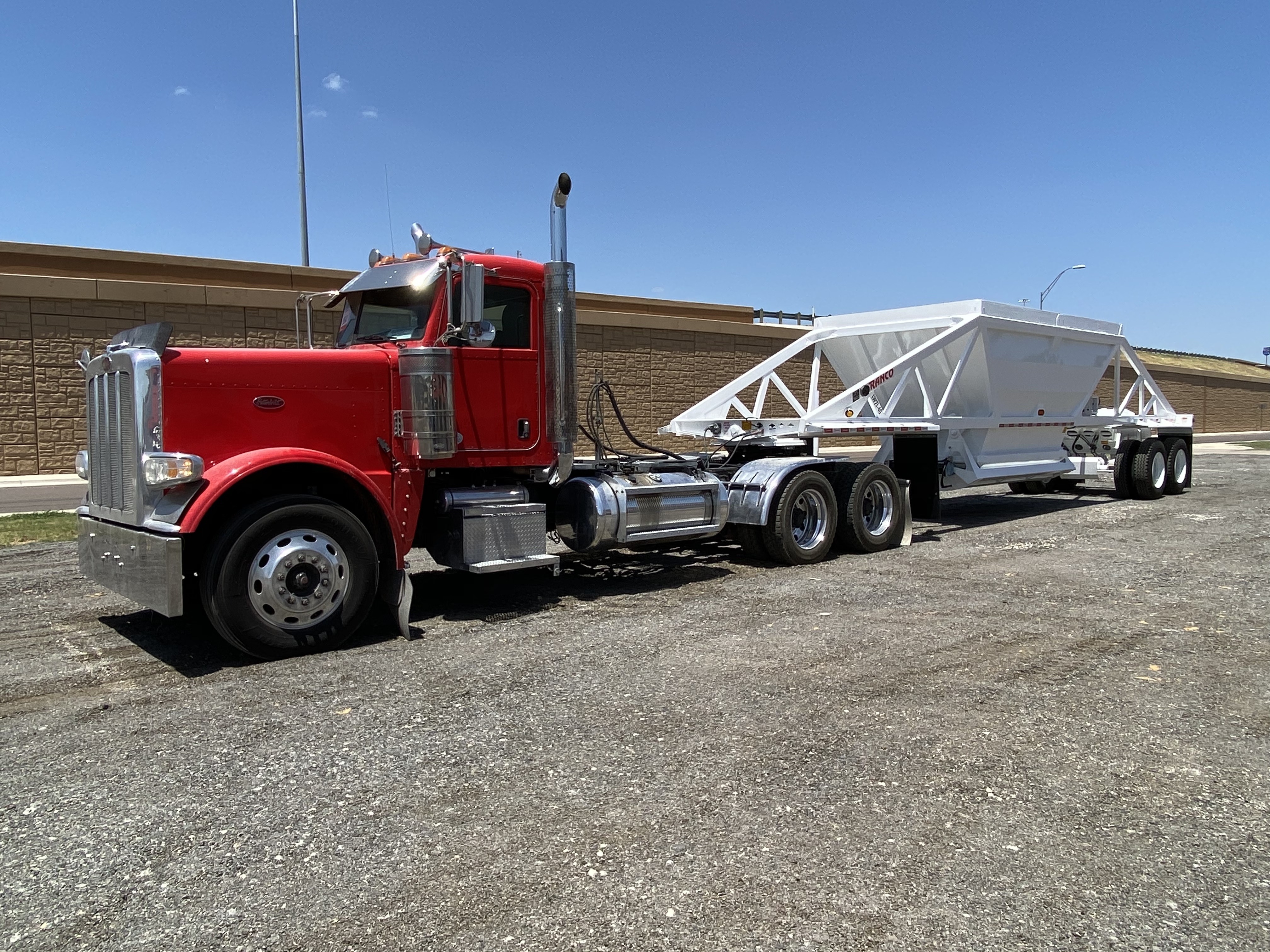
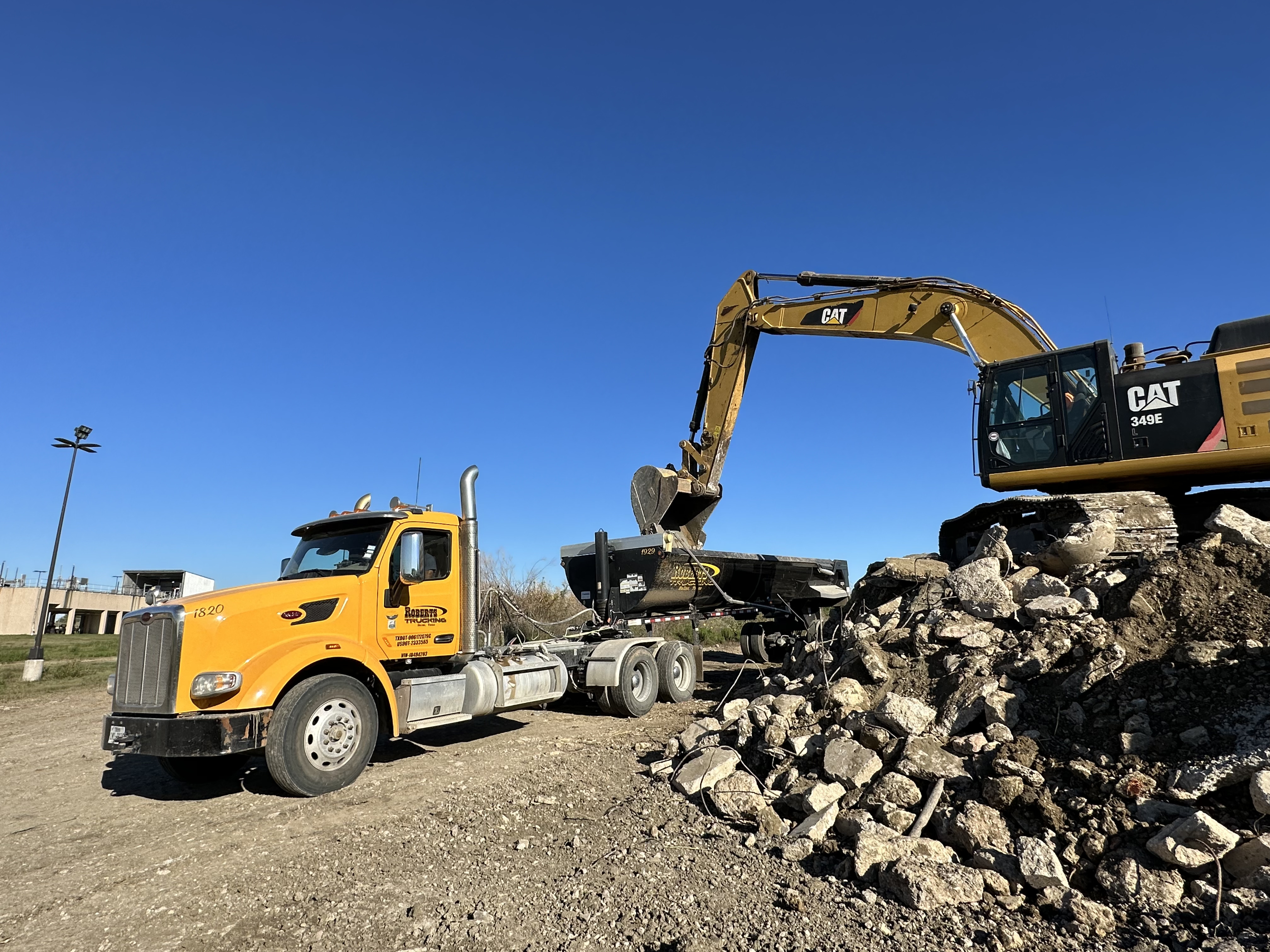
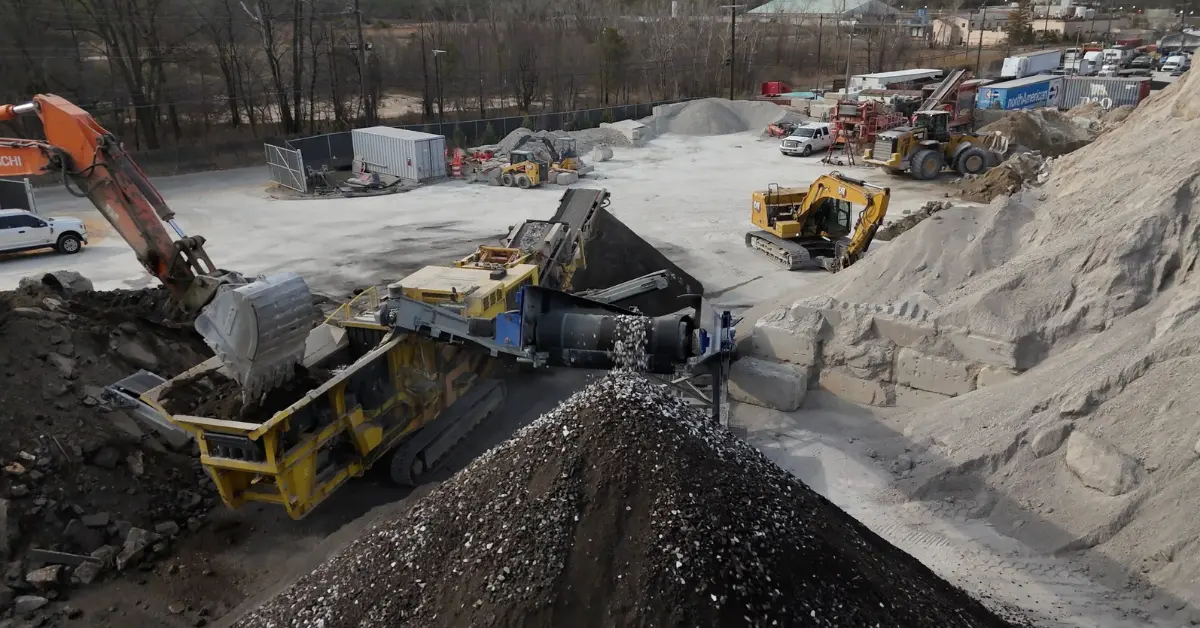
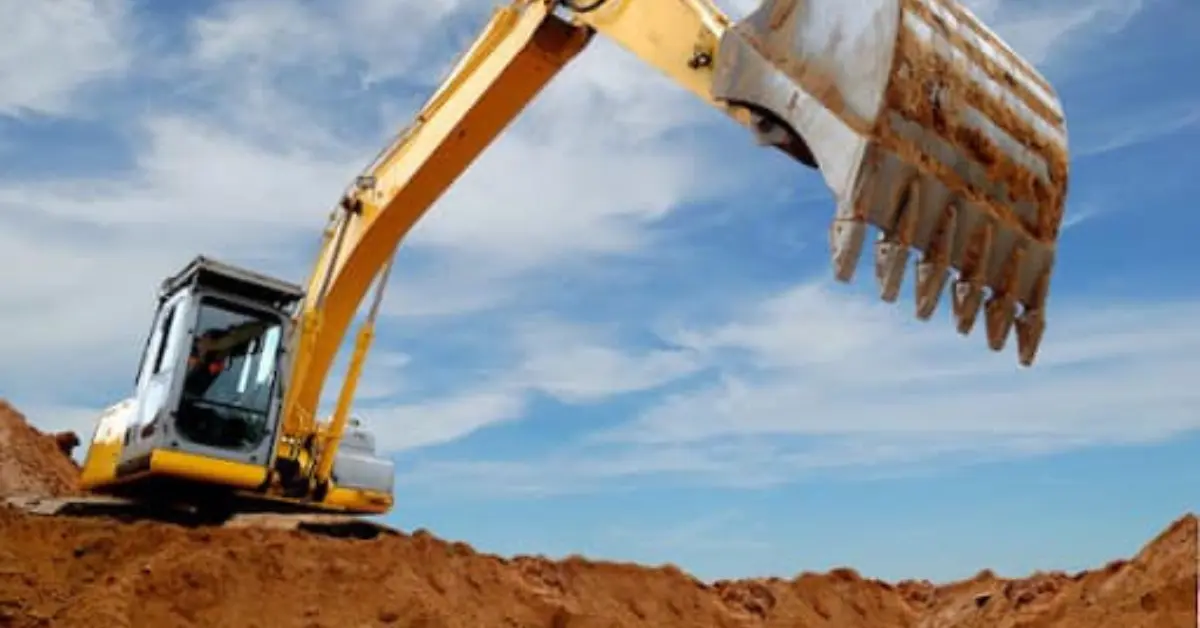
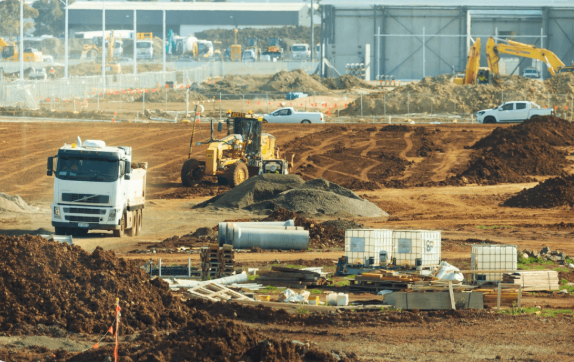
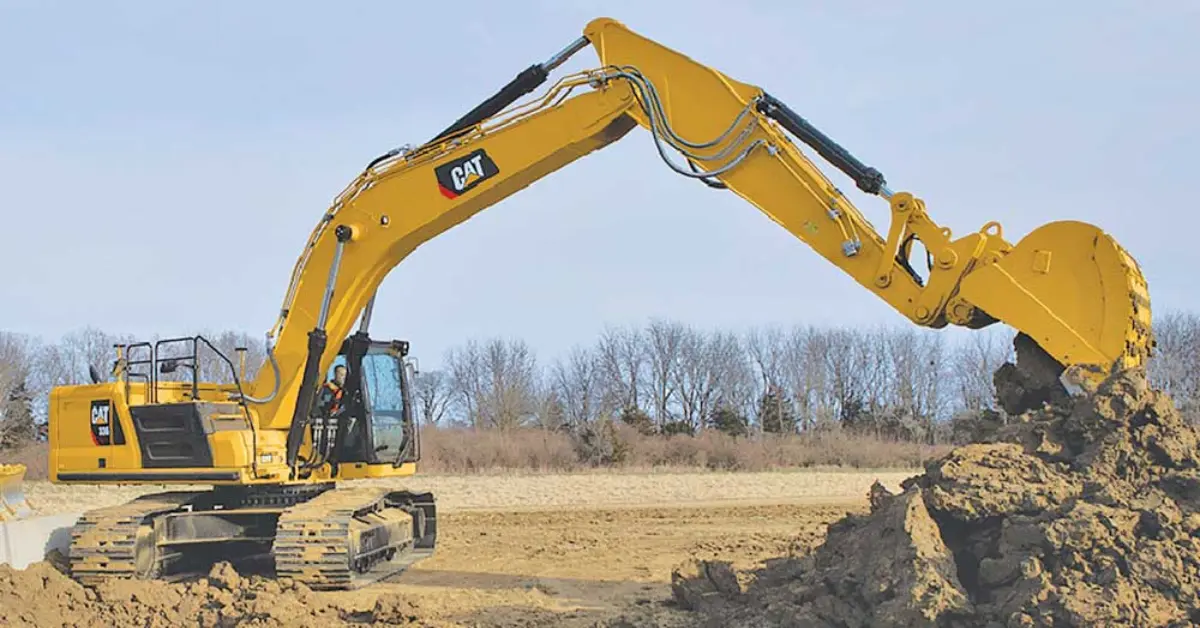
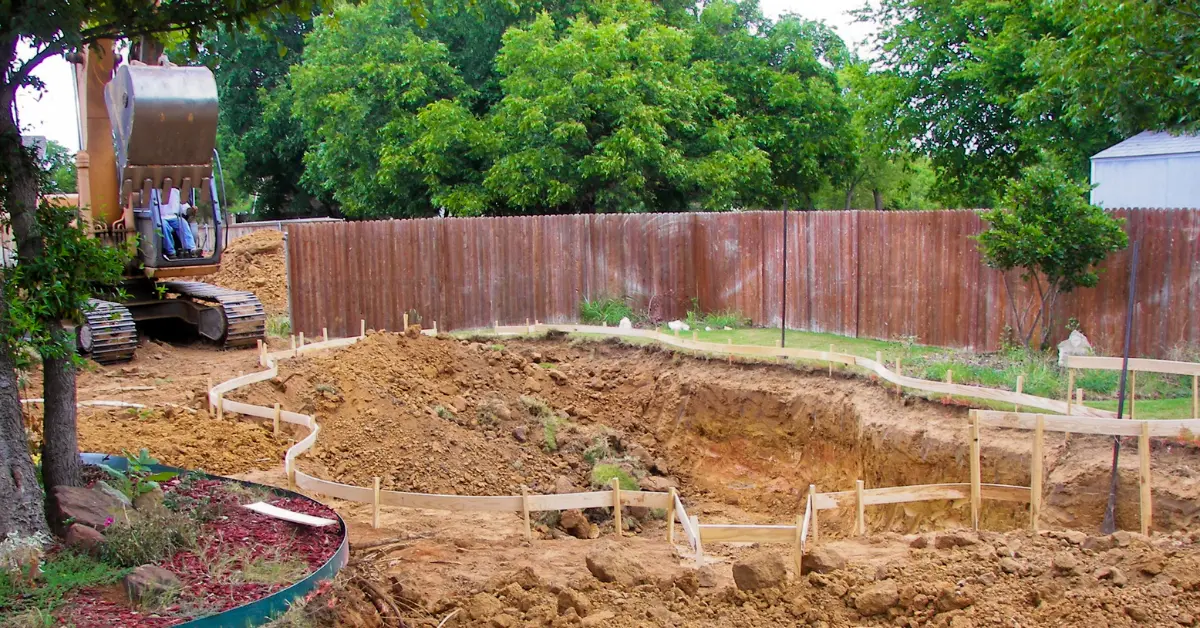
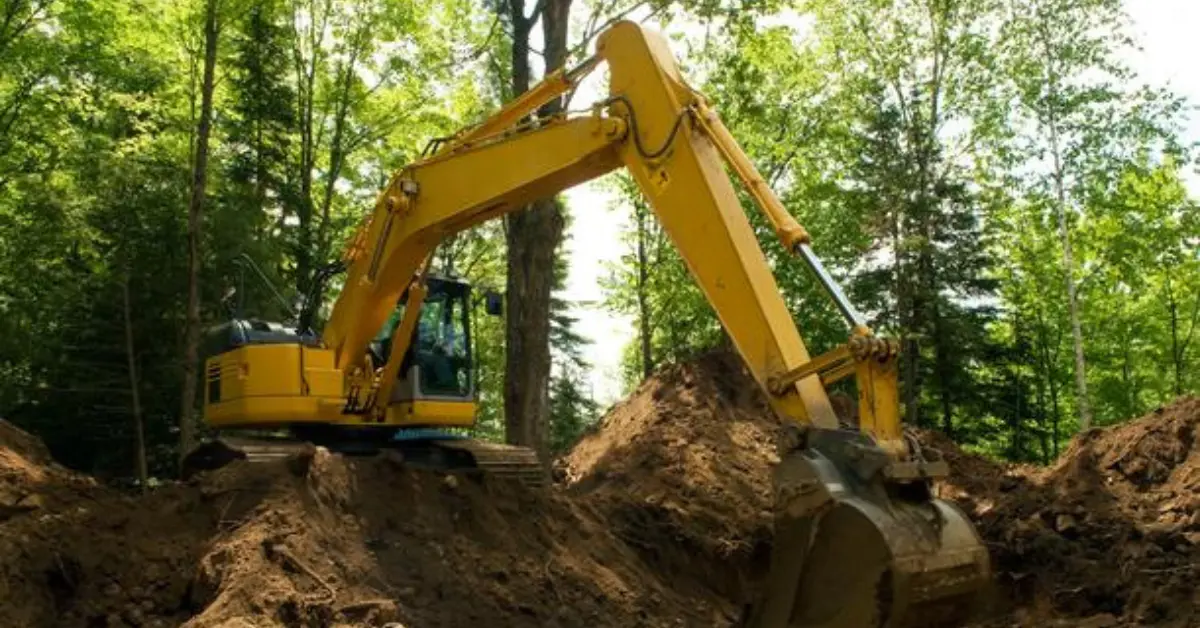
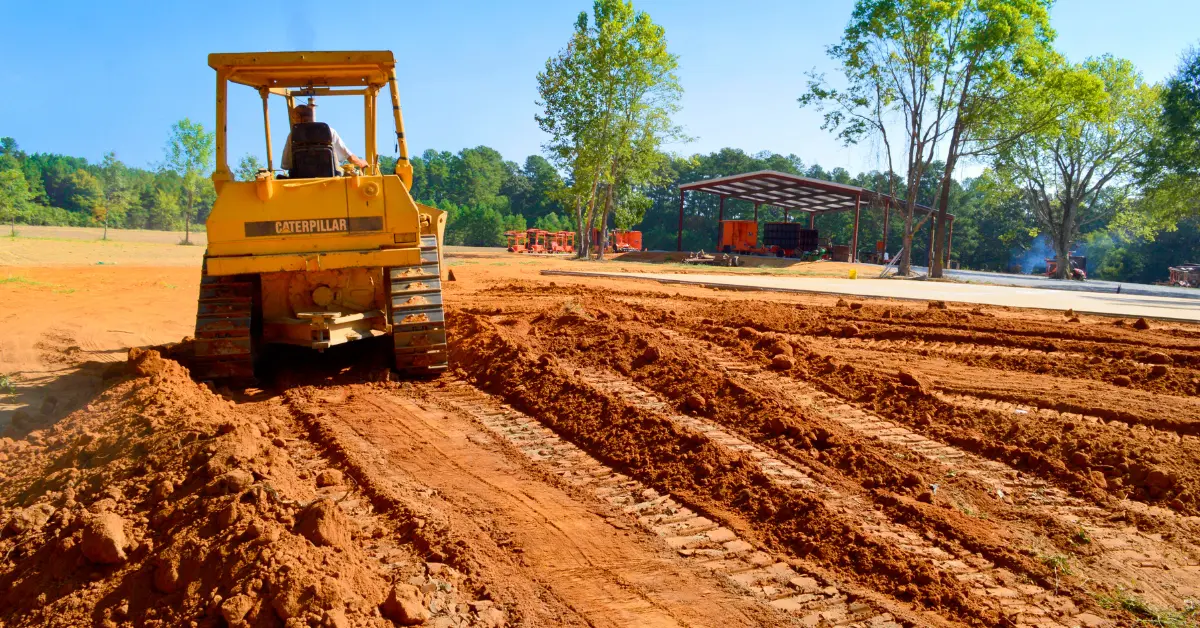
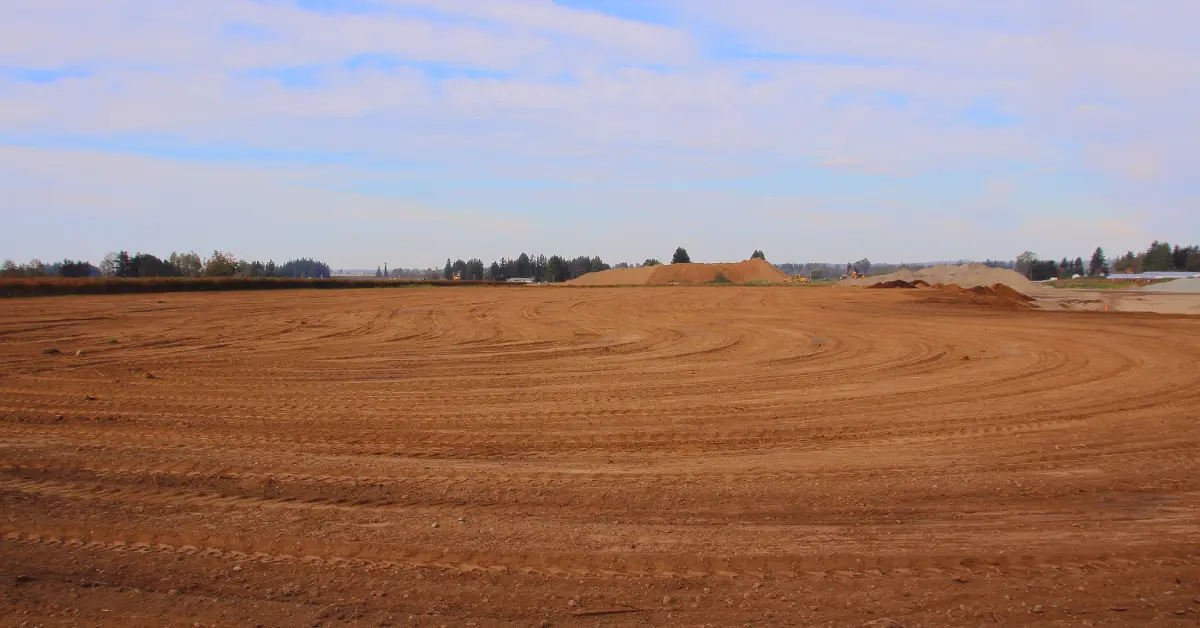



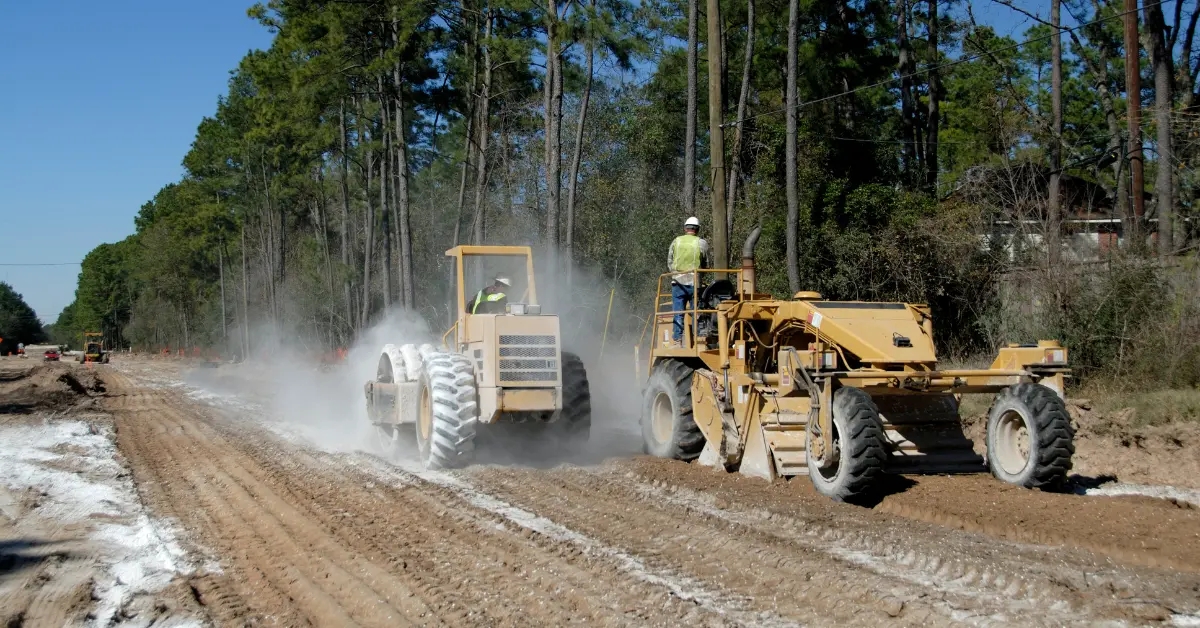




.jpg)

